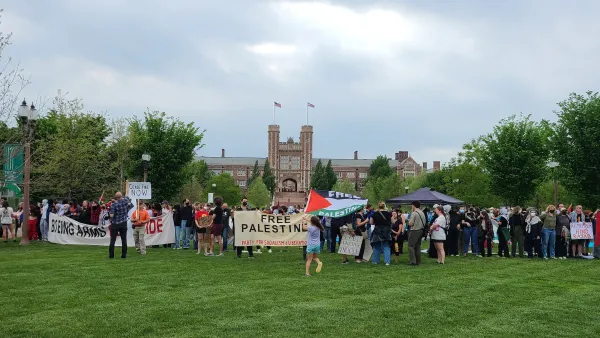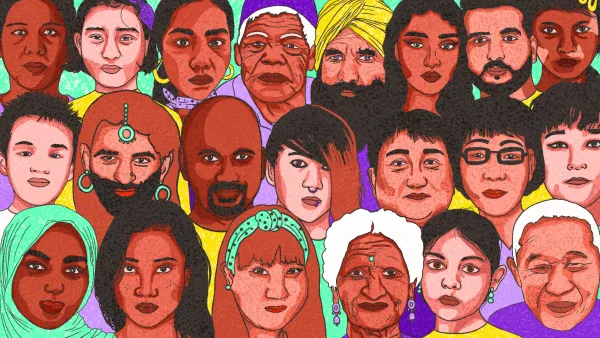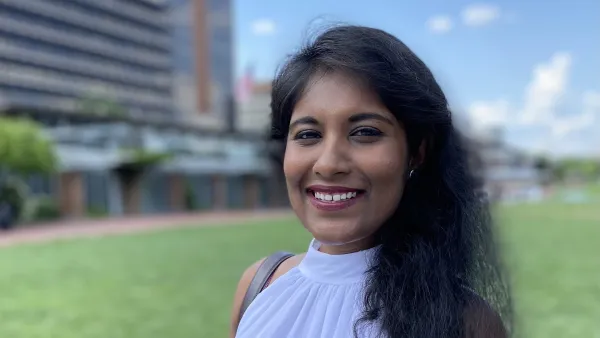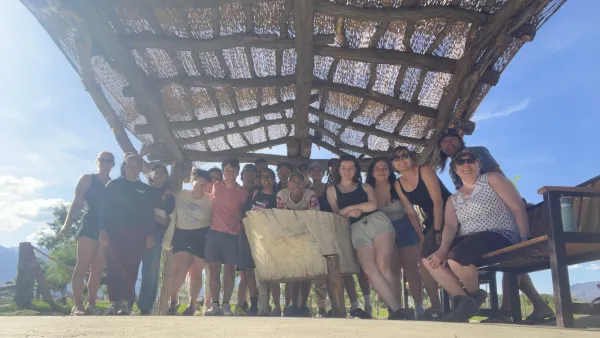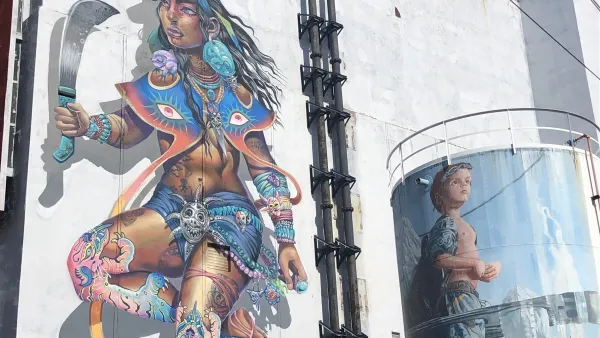| L98 AMCS 225 - Topics in AMCS: Arabs in America |
What do the founder of Apple, the richest person in Mexico, and one of the first enslaved people brought to the North American continent all have in common?
How about the longest serving White House news correspondent who held 10 US presidents to account or the poet who may have inspired John F. Kennedy to proclaim, "ask not what your country can do for you - ask what you can do for your country" at his inaugural speech?
And why does one of the oldest mosques in the US sit in the middle of a North Dakota field? These histories and narratives, among many others, of the Arab American experience have been whitewashed from mainstream discourse.
Most Americans' understanding of Arabs have been informed, via the State and corporate media, through the lenses of the War on Terror, Orientalist imaginaries, and vague notions of what Islam is.
This course will not only recover the hidden histories of the Arab American experience and explore how Arabs and Islam are foundational to the development of Western liberal thought but will also focus on the issue of Palestine in the US vis-à-vis the 1960s anti-war movement after the onset of the Israeli occupation and colonization of Palestinian land, Black radical political thought, the "peace process," and the issue of free speech in the media and on US campuses in the aftermath of the October 7 events. More broadly, this course will trace the Arab American experience through immigration, race, class, religion, politics, activism, art, film, comedy, intellectual and literary contributions, and life for Arabs living in the post-9/11 era.


I am excited to teach this course because we will be decolonizing perceptions of Arab Americans by deconstructing white supremacist narratives on Arabs and reassembling the narrative by privileging and giving agency to Arab American voices. Centering Arab voices is a way to wrestle back the narrative on a people who have been ignored, demonized, Orientalized, and misunderstood up to this day.
What are some course topics that you would like to highlight?
Some of the topics I am most excited to teach about are radical Arab organizing and its relationship to the Black liberation movement from the 1960s onwards, analyzing representations of Arabs at the 1904 World’s Fair in St. Louis, recovering the oral histories of Arabs in the automotive industry, and the struggle for justice in Palestine and the implications it has for free speech in the media and on university campuses.

